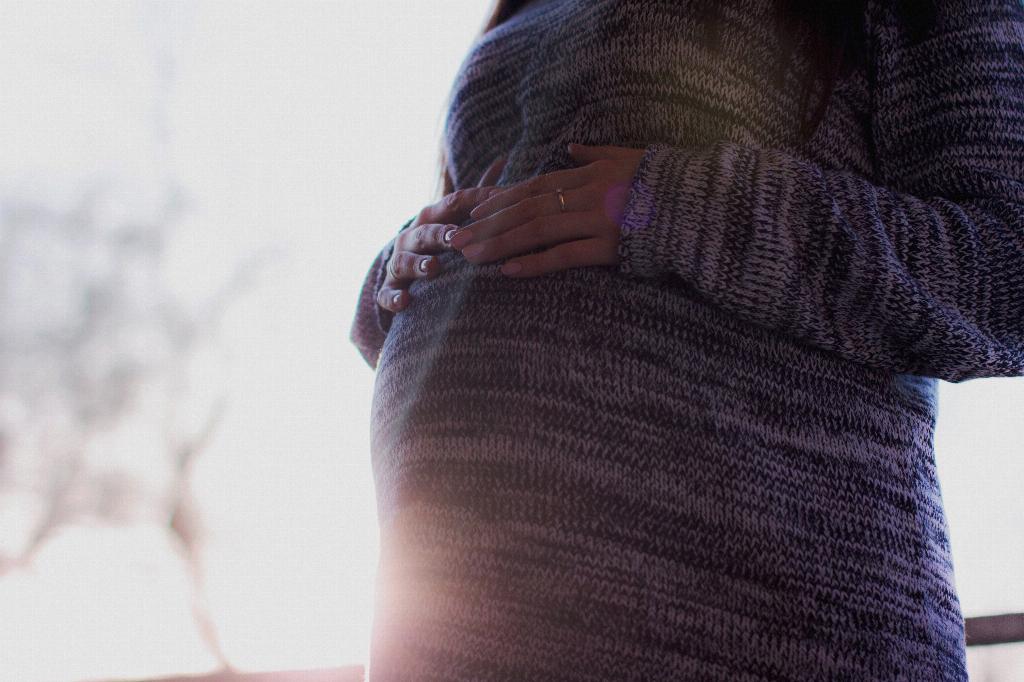When a pregnant woman contracts chickenpox, especially during the first 20 weeks of pregnancy, it can have potential risks and complications for both the mother and the developing fetus. The impact of chickenpox during pregnancy can vary depending on the timing of the infection and the overall health of the mother.
Risk of Congenital Varicella Syndrome
If a pregnant woman gets chickenpox particularly in the first 20 weeks of gestation, there is an increased risk of the baby developing congenital varicella syndrome. This syndrome is a rare but serious condition that can lead to a range of birth defects, including skin scars, limb abnormalities, brain issues, and eye problems. The severity of these defects can vary, but they may have long-lasting effects on the child’s health and development.
Potential Complications for the Mother
For the pregnant woman herself, contracting chickenpox can also lead to complications. While most healthy adults recover from chickenpox without serious issues, pregnant women are at a higher risk of developing pneumonia as a result of the infection. Pneumonia can be a severe complication that requires medical intervention and can pose additional risks to both the mother and the unborn baby.
Timing of Infection
The timing of the chickenpox infection during pregnancy plays a crucial role in determining the potential impact on the fetus. The first 20 weeks of pregnancy, also known as the first trimester, are the most critical period for fetal development. Infections during this time can have a more significant effect on the baby’s growth and organ formation.
Increased Risks
When a pregnant woman gets chickenpox, particularly early in pregnancy, there is an increased risk of miscarriage or stillbirth. The presence of the varicella-zoster virus in the mother’s bloodstream can potentially affect the placenta and the developing fetus, increasing the chances of pregnancy loss.
Prevention and Treatment
Prevention of chickenpox during pregnancy is crucial to avoid potential complications. Women who are planning to conceive or are already pregnant should ensure they are immune to varicella through vaccination or previous exposure. If a pregnant woman is exposed to chickenpox or develops symptoms, prompt medical evaluation and treatment are essential to minimize the risks to both the mother and the baby.
Monitoring and Care
If a pregnant woman contracts chickenpox, close monitoring and specialized care are necessary to assess the health of the fetus and manage any complications that may arise. Regular prenatal check-ups, ultrasounds, and consultations with maternal-fetal medicine specialists can help ensure the best possible outcomes for both the mother and the baby.
Long-Term Effects
The long-term effects of chickenpox on a pregnant woman and her child can vary depending on the severity of the infection and the presence of any associated complications. Some infants born with congenital varicella syndrome may require ongoing medical care, surgeries, or therapies to address the birth defects and associated health issues.
Emotional Impact
Dealing with the consequences of contracting chickenpox during pregnancy can have a significant emotional toll on the expectant mother and her family. Coping with the potential health challenges of the baby, navigating medical treatments, and adjusting to the new reality of caring for a child with special needs can be overwhelming and stressful.
Support and Resources
It is essential for pregnant women who have had chickenpox or whose babies are affected by congenital varicella syndrome to seek support from healthcare providers, counselors, and support groups. Accessing resources and information about managing the long-term effects of chickenpox on pregnancy can help women and their families cope with the challenges ahead.
Conclusion
In conclusion, contracting chickenpox during pregnancy poses significant risks to both the mother and the developing fetus, particularly if the infection occurs early in gestation. Understanding the potential complications, seeking timely medical care, and receiving appropriate support are crucial for ensuring the best possible outcomes for pregnant women and their babies affected by chickenpox.

